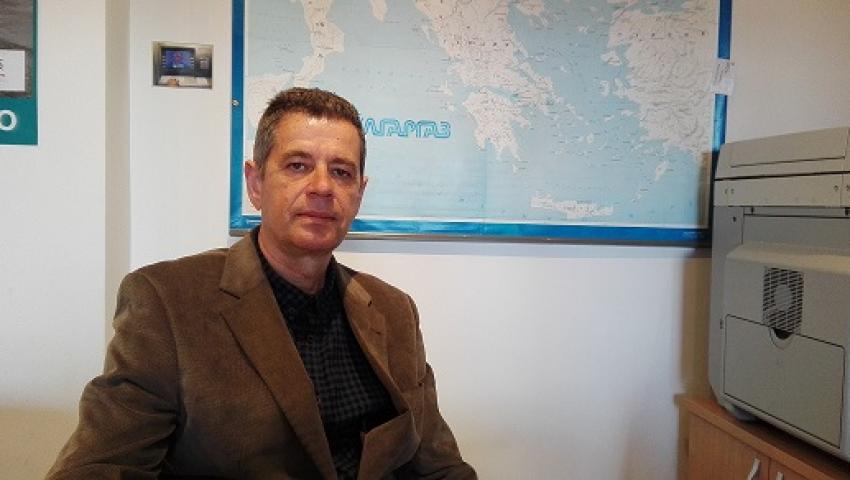Anton Ivanov: Most likely the high price levels of electricity in Europe will remain in the winter season 2021-2022
A winter update of household prices will probably be necessary

The upward trend in electricity prices is rather stable and will most likely continue during the winter season, covering the end of the current 2021 and the beginning of 2022. It will probably be necessary to update the prices of electricity and household prices. However, market liberalization must continue. This is what energy expert Anton Ivanov commented for 3eNews.
The factors that are responsible for this rise are combined - on the one hand we have a rise in gas prices and carbon emissions, on the other - economic recovery, said Ivanov and did not miss the impact of high temperatures in the region.
"At the end of July and in August this year, we were worried about the high price of electricity on the stock exchanges in our country and in the region, which contrasted with the prices in Western Europe. Then, in addition to the high temperatures in the Balkans, the focus of the discussion was on the work of the National Electricity Exchange (IBEX) and the state TPP "Maritsa East 2".
Since the beginning of September, with the end of the holidays, stock markets across Europe have turned red, which rather underscores a steady upward trend in electricity prices. This is due to the continuing rise in natural gas prices in Europe, as well as carbon prices.
As a result of the combined impact of economic recovery and geopolitical factors, it is likely that high price levels of electricity in Europe will be maintained in the winter season 2021-2022, "said Anton Ivanov.
Based on what is happening in the free market, the expert is of the opinion that the trend will be transferred to the regulated segment.
"In our country, this trend directly affects all business consumers of electricity, but it is likely to need a winter update of household prices after the New Year," he said.
At the same time, Ivanov pointed out the possibilities for mitigating the price jump, not forgetting to note the importance of the Recovery and Sustainability Plan for this purpose.
"Possible measures to mitigate this price increase include the discussed actions for diversification of the products offered on the national stock exchange, increasing the efficiency of control and optimization in the work of state-owned companies.
It should be pointed out that only actions that lead to an increase in investments in our country or those under support programs that are directly related to the implementation of the Recovery and Sustainability Plan can have a significant impact, especially for business clients. The delay in its implementation really limits the competitiveness of Bulgarian companies compared to their European counterparts, because in most European countries are already working on measures to support the use of this financial resource, "said the expert.
In this regard, Anton Ivanov was clear that "We cannot talk about unpreparedness, but about the opportunities to overcome this additional challenge. Businesses expect support from the state because they see that it is provided in other countries. "
"Some of the requests are aimed at the national energy sector, but there the opportunities have already been exhausted." Hopes are now linked to the Recovery and Sustainability Plan," he said.
The energy expert also commented that higher price levels should not be an obstacle to further liberalization of the electricity market. As it is known, in the next three years all household consumers will enter the free market.
"The liberalization process should continue because it is linked to the receipt of funds under the Plan (for recovery and sustainability), but also because it will achieve a more adequate balance in covering energy costs. Of course, in a period of rapidly rising prices, no deep reform can be made, but there are a number of measures that need to be implemented. Only in this way can it be expected that in two or three years the liberalization process can reach household consumers, Anton Ivanov believes.
